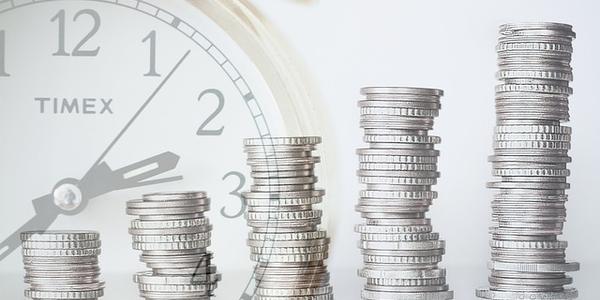
Introduction
The United States continues to explore innovative approaches to modernizing its financial systems, with several states recently moving toward incorporating cryptocurrency into their treasuries. Among these efforts is the introduction of legislation for strategic Bitcoin reserves by New Hampshire and North Dakota, signaling a growing trend across U.S. lawmakers. This development follows a series of comments and insights from industry leaders like Dennis Porter, who has emphasized the potential benefits of Bitcoin as a hedge against inflation and economic instability.
New Hampshire’s Bitcoin Reserve Bill
Background
The New Hampshire bill was introduced by ** Representative Keith Ammon**, a Republican representing the 40th District. Known for his conservative leanings, Ammon has been vocal in pushing for stronger financial regulations and innovative monetary policies within his state. The legislation aims to establish a strategic Bitcoin reserve as part of the state’s broader efforts to modernize its financial infrastructure.
Key Details
While the New Hampshire bill does not explicitly mention Bitcoin by name, it refers to "digital assets." This approach is designed to strike a delicate balance between addressing the unique challenges posed by Bitcoin and avoiding political friction with more traditional lawmakers. Dennis Porter, CEO of the Satoshi Action Fund, highlighted this strategy as a way to push through the legislation without alienating key constituents.
porter’s Perspective
As stated in a press release, "The intent is for Bitcoin but oftentimes that’s not possible depending on the state." This reflects the challenges faced by lawmakers in different regions when implementing similar provisions. The bill now has multiple co-sponsors and is set to be debated further in the coming months.
North Dakota’s Bitcoin Reserve Bill
Background
In parallel with New Hampshire, North Dakota has also introduced legislation for a strategic Bitcoin reserve. This move comes after similar efforts in other states like Pennsylvania, which recently adopted its own Bitcoin reserve model. The North Dakota bill is championed by ** Representative Nathan Toman**, ** Representative Josh Christy**, and Senator Jeff Barta, all of whom have expressed strong support for the initiative.
Key Details
The North Dakota bill has already garnered 11 sponsors, according to a statement made by Dennis Porter on the X social media platform. This reflects the growing consensus among lawmakers across different regions about the potential benefits of incorporating Bitcoin into state treasuries. The legislation is expected to face similar challenges as its counterparts in other states, with varying levels of political support depending on local demographics and priorities.
Pennsylvania’s Bitcoin Reserve Bill
Background
Earlier this year, Pennsylvania introduced its own bill for a state-level Bitcoin reserve, modeled after a proposal from the Satoshi Action Fund. The initiative was spearheaded by Representative Mike Cabell, who emphasized Bitcoin’s potential as a hedge against inflation and other forms of economic instability.
The Broader Context: Bitcoin’s Rise in U.S. Politics
Historical Context
The push for Bitcoin reserves is not a new phenomenon. It can be traced back to the summer of 2016 when then-Presidential candidate Donald Trump made headlines by promising to make America the "crypto and Bitcoin capital of the world" if he were re-elected. This promise was met with both enthusiasm and skepticism from the public and media alike.
Current Developments
Since Trump’s victory in the 2020 election, industry advocates have been vocal in their support for similar initiatives. Some, like ** Strike CEO Jack Mallers**, have suggested that Trump could sign an executive order designating Bitcoin as a reserve asset within his first 100 days in office. Meanwhile, others, such as Galaxy Digital founder Mike Novogratz, have expressed doubts about the likelihood of such a move.
Industry Perspectives
The cryptocurrency community is divided on whether a Bitcoin reserve will materialize. Bettors on Polymaket estimate that there’s only a 27% chance that Trump will establish a Bitcoin reserve in his first 100 days as president, with the probability rising to 45% by November.
Conclusion
As U.S. lawmakers continue to explore innovative solutions to modernizing their financial systems, the introduction of Bitcoin reserves represents a significant step toward incorporating cryptocurrency into mainstream economic policies. From New Hampshire and North Dakota to Pennsylvania, states are at the forefront of this movement, with each initiative reflecting the unique needs and priorities of their regions.
The push for Bitcoin reserves is not just about technological innovation—it’s also an attempt to position U.S. as a global leader in the adoption of cryptocurrency, while simultaneously addressing some of its most pressing economic challenges. As the debate over Bitcoin’s role in finance continues to unfold, it will be closely watched by both policymakers and industry stakeholders alike.
- Satoshi Action Fund
- Strike ( cryptocurrency firm )
- Galaxy Digital
- Bettors on Polymaket








